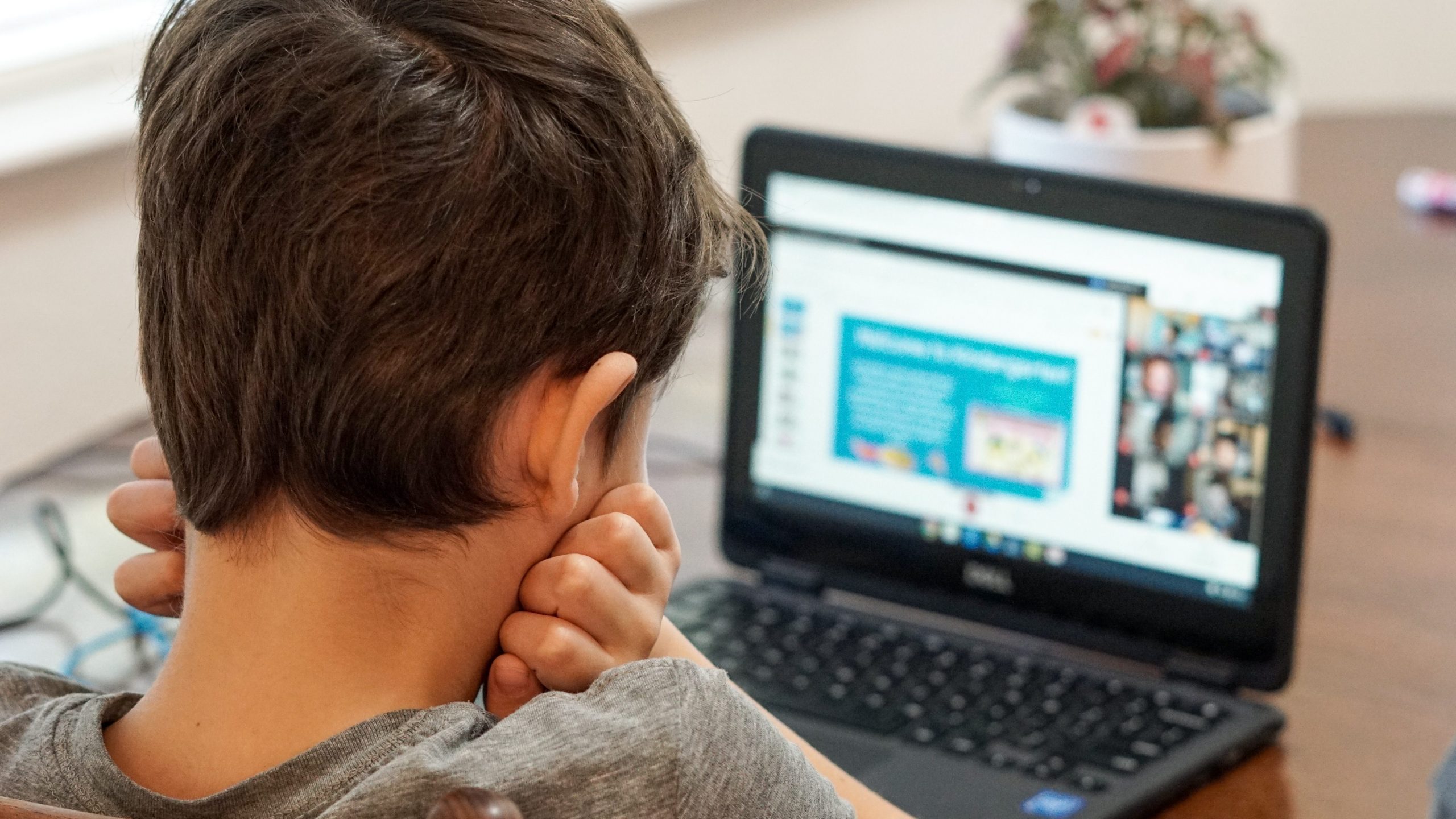Here’s presenting another gem of our #dilo -a day in the life of RKC student series. We asked some of our past and current students to share their thoughts and opinions, to give their feedback on how they handled the challenges of online learning.
There is no better way but to learn from those who came before and see if what worked for them will help you become a better student! Hopefully, this will help you to make an informed decision..
An Introduction
Who are you, really?
I am a Supply Chain Officer(Procurement) and my brief involves acquisition of goods, works, services , consulting and non consulting services for a project funded by the World Bank in the energy sector.
Which programme did you choose and why?
MSc in Procurement,Logistics and Supply Chain Management. Having been in supply chain management for well over 20 years, I felt that by acquiring advanced qualifications would enhance my unique capabilities in supply chain management. My overall goal is to offer consulting services independently as a consultant or contractor.
The Study Plan
How did you plan to study each module, and what was the reality? How many hours did/do you have to put in each day/or in a week?
By allocating at least three hours daily for each unit in the morning and after finishing my day’s work. I spent weekends studying and sometimes reading up to midnight to catch up with the tutorial offered by UoS (University of Salford) and RKC (Robert Kennedy College). Strictly adhering to my study schedule, it really worked for me.
What part of the day did/do you find most suitable to study? (e.g. early mornings, lunch break, evenings, weekends?)
Early mornings an hour and two hours in the evening. Saturday I spent the whole day studying and on Sundays half a day.
How much time did you devote to each assignment?
I devoted at least a week fo revision, drafting and finalizing the assignment.

Travelling and Communication
How did travelling impact your ability to study?
Much of it positively. However, there was one instance that I was negatively impacted when in an overseas travel. I experienced network problems and unlucky fell unwell for a whole week in the final submission time.
How were you able to interact with peers and/or professors given the time differences?
Ensuring that I respond to all posts and participate actively when I have time. Every time after work I had to go through all posts and submitted my posts too to any forum discussions.
A typical day as a master’s student
What does a typical day as an Online Masters’ student look like for you?
Extremely busy for me but very flexible given my tight work schedule.

Any advice?
Any advice you have for students to better plan their studies.
One has got to have interest in the studies.This is quite self motivating and gives one the impetus to keep studying despite challenges that come from busy work schedule.
I hope this blog has answered some of your questions, and please watch this place for similar blogs. So, if you have been thinking about doing a master’s degree and now understand how to study better for an online programme, look at our programmes and see if anything interests you.

You can also chat LIVE on WhatsApp with one of our Education Advisors for more information on all the programmes we offer, the application process, and answers to any questions you may have.














